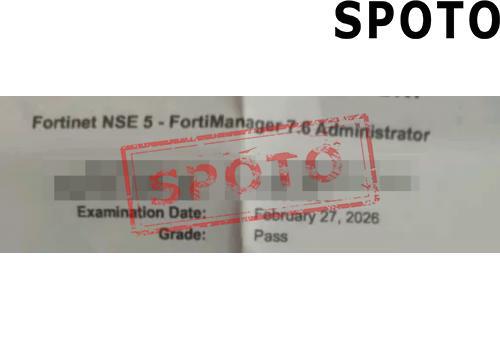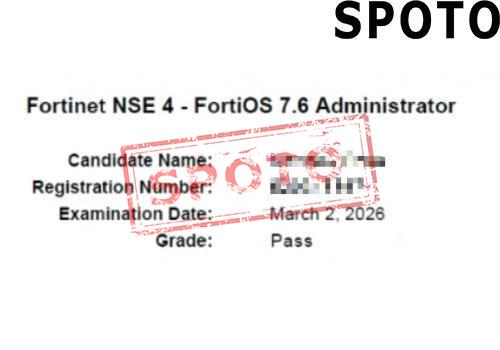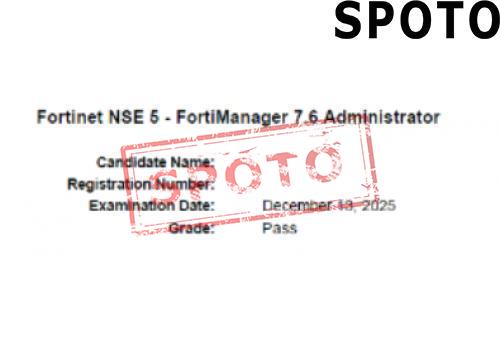
Table of Contents
In the ever-expanding digital universe, cloud computing has emerged as a dominant force. As more and more businesses migrate their operations to the cloud, the role of a cloud support engineer has become not just important, but essential.
Let's explore what this role entails, why it's a great career choice, and how you can embark on this rewarding journey.
1. What is a cloud support engineer?
A cloud support engineer is a professional who serves as the front-line troubleshooter and problem-solver for cloud-based services. They are the ones ensuring that cloud-computing environments run smoothly, efficiently, and securely for businesses of all sizes. Whether it's a small startup relying on cloud-hosted software or a large enterprise with a complex multi-cloud infrastructure, cloud support engineers are the key to maintaining seamless operations.
Related Occupations:
- Cloud Administrator
- Cloud Architect
- Cloud Security Engineer
- DevOps Engineer (with a focus on cloud-related support and operations)
2. What does a cloud support engineer do?
Monitoring and Incident Detection
Cloud support engineers use specialized monitoring tools to keep a close eye on cloud-based systems. They watch for any signs of performance degradation, outages, or security threats. For example, they might notice unusual spikes in server resource usage or a sudden increase in error rates for a cloud-hosted application.
Troubleshooting and Problem Resolution
When problems do occur, cloud support engineers jump into action. They analyze error messages, system logs, and performance data to identify the root cause of the issue. Once they've pinpointed the problem, they implement solutions, whether it's adjusting a server configuration, updating software, or coordinating with other teams to resolve more complex issues.
Customer Support and Communication
They are often the main point of contact for customers experiencing issues with cloud services. Cloud support engineers need to communicate clearly and effectively with customers, both technical and non-technical. They explain complex technical problems in simple terms and keep customers informed about the progress of issue resolution.
Collaboration with Cross-Functional Teams
Cloud support engineers don't work in isolation. They collaborate closely with other teams such as development, operations, and security. In a situation where a new feature deployment in a cloud-based application causes performance issues, the cloud support engineer will work with the development team to identify the source of the problem and with the operations team to implement a fix while minimizing downtime.
3. Why become a cloud support engineer?
Abundant Job Opportunities and Stable Employment
Companies across industries are migrating to the cloud, creating a huge demand for cloud support engineers. This high demand means job security, as organizations are constantly on the lookout for skilled professionals to keep their cloud-based operations running smoothly.
Challenging and Intellectually Rewarding Work
Cloud computing is a dynamic field with new technologies and challenges emerging regularly. As a cloud support engineer, you'll be constantly learning and solving complex problems. For example, with the rise of serverless computing and edge computing in the cloud, you'll have the opportunity to explore and master these new technologies and find ways to support and optimize them. Each day brings a new set of issues to solve, keeping your mind engaged and your skills sharp.
Making a Significant Impact in the Digital Realm
Cloud support engineers play a vital role in ensuring the success of businesses in the digital age. By keeping cloud-based services up and running, they enable companies to focus on their core operations. Their work also contributes to the overall stability and security of the digital ecosystem.
Diverse Career Progression Avenues
The skills and experience gained as a cloud support engineer can open the door to a variety of related career paths. You can specialize in areas such as cloud security, where you focus on protecting cloud-based data and applications. Or you could move into a cloud architect role, where you design and plan complex cloud-based systems. There are also opportunities to work in different industries, allowing for a diverse and fulfilling career.
4. How to Become a Cloud Support Engineer?
Obtain a Relevant Degree
A bachelor's degree in computer science, information technology, or a related field is often a good starting point. These programs cover fundamental topics such as programming, networking, and operating systems, which are essential for understanding cloud computing.
Gain Technical Skills
Dive deep into major cloud platforms. Sign up for free trials or use educational resources provided by cloud providers like AWS Educate, Microsoft Learn for Azure, and Google Cloud Training. Practice creating virtual machines, setting up storage buckets, and configuring network security groups.
Get Certified
CompTIA Cloud+ is a great vendor-neutral certification. It covers a broad range of cloud computing concepts, including cloud infrastructure, security, and operations, providing a solid foundation for your career as a cloud support engineer.
Gain Practical Experience
Look for internships with companies that use cloud services. This hands-on experience will allow you to apply your theoretical knowledge in a real-world setting. You'll get to work on actual cloud-support tasks, learn from experienced engineers, and gain valuable insights into the day-to-day operations of a cloud-support team.
Stay Updated
The cloud computing field is constantly evolving. Subscribe to industry blogs like The Cloud Security Alliance Blog, follow cloud-computing experts on social media platforms like Twitter, and join professional organizations such as the Cloud Native Computing Foundation.










